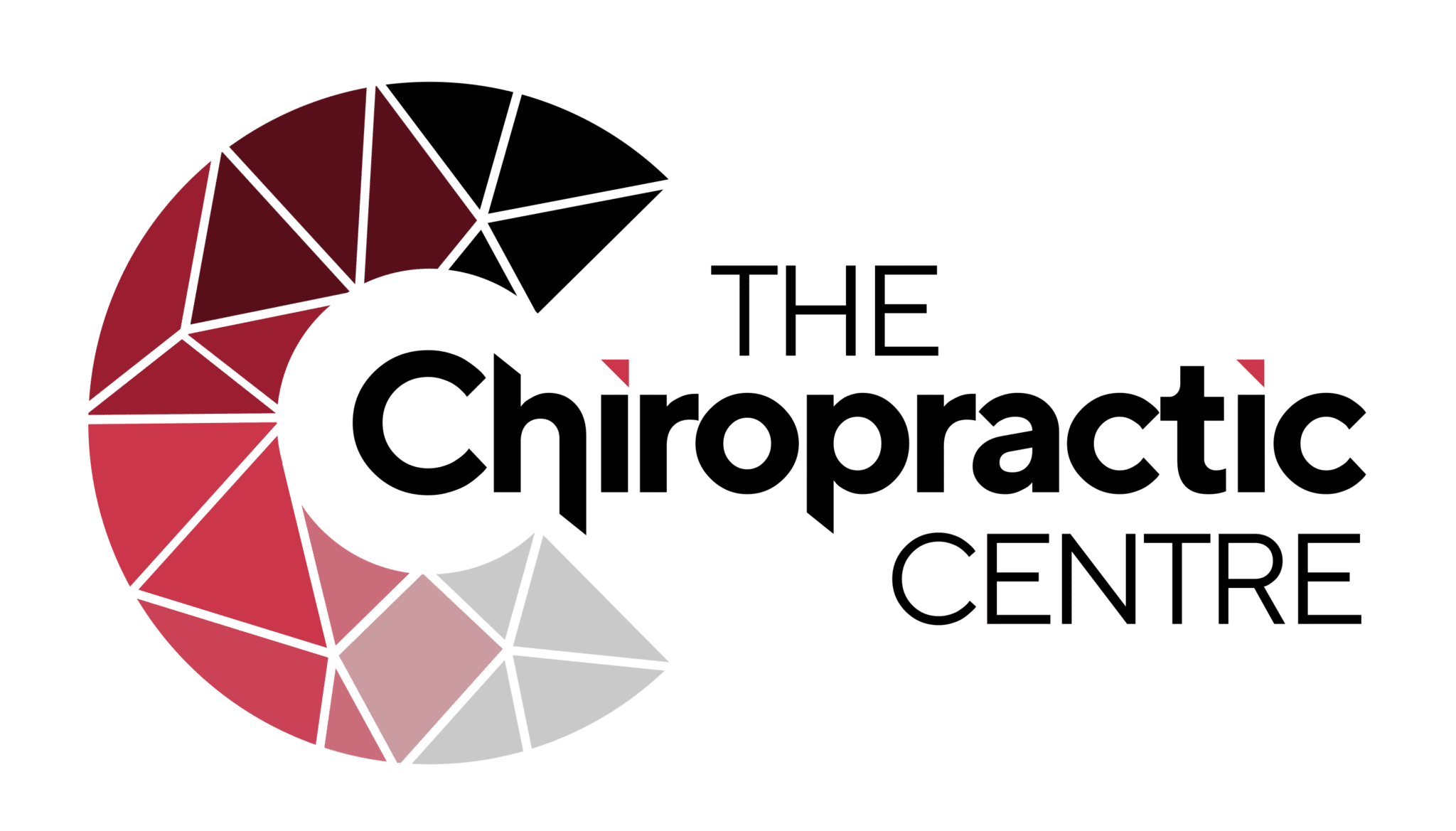Understanding the 4 types of stress and how our brain responds to stress
Our brain is a complex organ, but with a simple task: keep us alive. To do that, it processes vast amounts of signals through the nervous system. Most of these signals are created by stress. The more signals, the more our brain struggles to cope with life. Modern day stress does not help with this.
In the same way we create more data than we did 20 years ago before the internet, our brain is processing vast signals more than ever. This creates problems for our brain and our nervous system, which is overloaded by stress signals.
When our brain processes stress signals from the nervous system, it does not differentiate the type of stress, instead, it sends signals back to the body (again, via the nervous system), to activate a ‘fight or flight’ response. In order words, we go into survival mode.
Survival mode is good for us in short bursts, when there is a legitimate danger to escape from, however, it is not good in the long term for our health. We need our brain to be in healing, healthy mode in order to digest food, repair and recover from stress …

To adapt and recover from stress, we first need to understand the four main types of stress:
Physical stress
Physical stress is caused by the use of our physical body – primarily movement. Physical stress isn’t always bad, for example going to the gym or a run causes physical stress, but can lead to a healthier body. Sitting in a chair for hours on end, however, can cause physical stress that’s detrimental to our health.
Emotional stress
Emotional stress is when we perceive something or someone has inflicted damage to our identity, sense of wellbeing or worldview. Emotional stress is caused by a range of things: conflict in relationships, fear and uncertainty, changes to our environment.
Chemical stress
Chemical stress is disruptance to our normal chemical functioning of our body or brain. Substances like alcohol, tobacco, sugar, toxins, even medications can cause chemical stress. Chemical stress can cause inflammation in our bodies, which can lead to health issues, from a mild headache to a chronic autoimmune disease.
Electromagnetic stress
Electromagnetic stress is a relatively new type of stress that stems from overexposure to electromagnetic fields, produced by devices such as phones, computers and Wi-Fi routers. Our brain also perceives these fields as a threat, which can lead to hormone imbalances and disrupted sleeping patterns.

How to help our brain adapt and recover from stress
Despite the fast pace of modern life, we can choose to calm our brain and nervous system so that it can process stress and use it – rather than it use us. Here are 3 hacks to help you do that:
1. Deep belly breathing.
When we’re stressed, we tend to breathe from our chest which stimulates the sympathetic element of the nervous system, keeping us in survival mode longer. To calm our brain and nervous system, try practicing breathing through the belly as often as possible. Making belly breathing a habit will help stimulate the parasympathetic (relaxing element) of the nervous system, helping you remain calm.
2. Physical activity.
Keeping active has enormous benefits on our brain and nervous system. Even something as simple as standing up after sitting and drinking a glass of water helps your brain relax and refocus.
3. Laugh with others
You’ve heard the saying ‘laughter is the best medicine’, well it’s true. When you laugh, especially with others, you release endorphins and other ‘feel good’ chemicals. It also frees up your belly and diaphragm muscles, which releases tension in your body and reduces stress. So keep laughing!
These 3 hacks are simple and easy to do wherever you are, even when you’re at work, which is where we spend a lot of our time.
Understanding the types of stress and how our brain responds to stress is the first step towards a healthier brain, body and life. But it doesn’t stop here..
At The Chiropractic Centre, we help you get your brain into a great state, through brain-based chiropractic care, so that it can adapt and recover from stress.
Most medicine is suppressive. It helps with symptom management, but doesn’t deal with the root cause. True healthcare is expressive and supports your body to heal from the inside out. You deserve to live your best, healthy life – our team will be with you every step.


